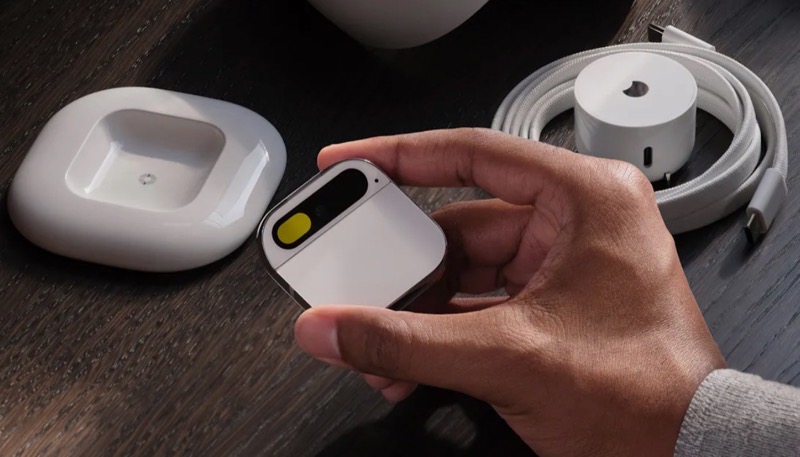
Apple Execs Explain How Health Became Essential to the Success of the Apple Watch
The Apple Watch’s foray into the health industry was unplanned, explain Apple execs in a new interview.

In an interview with The Independent, Apple execs Jeff Williams, Kevin Lynch, and Sambul Desai revealed the origins of the Apple Watch and its almost accidental rise to become a must-have health smartwatch on the market today.
One of the most interesting revelations is the fact that Apple didn’t intend for health to be the Apple Watch’s focus. Instead, chief operating officer Jeff Williams noted that the whole process was almost accidental:
It was very organic. Most people think we had this major health initiative, well, we had some notions in the beginning but no idea where it would lead. And honestly, it’s a situation where we started pulling on threads and the more we pulled, the more we realised there’s such a huge opportunity for us to impact people with the information that’s on their wrist.
Apple initially marketed the Apple Watch as a fashion item, using a heart rate monitor solely to aid in accurate step detection. However, it wasn’t until people started to write Apple on the health benefits of the wearable that the Cupertino company realized what it had, explains Williams:
The first letter that we got about it saving somebody’s life with just the heart rate monitor, we were surprised, because anybody can go watch the clock and get their heart rate. But then we started getting more and more and we realised we had a huge chance and maybe even an obligation to do more. That led us down the path to do everything including medically regulated apps.
Apple’s vice president of health, Sambul Desai, succinctly summed up the Apple Watch’s subsequent success, saying, “Part of the challenge with health is people don’t want to think about their health all the time but here it’s just woven into the overall experience.”
Today, the Apple Watch is, to many, ubiquitous to tech-oriented individuals focused on leading healthy lifestyles. But Kevin Lynch, Apple’s vice president of technology, says that the company isn’t finished yet:
There’s already a tremendous amount we can learn from the current hardware. Heart studies are a good example. With the existing monitor in the Watch, we were able to get AFib readings from that. There’s already so much that we can work on. It’s really a matter of choosing our focus areas and asking really great questions that then lead to insightful answers. That’s the journey we’re on.
The latest studies around hearing health, for example, women’s health, more heart studies, we think we can learn a ton from those areas with all the existing technology that we have, using them in this focused way. That may lead to inventing some other new things, but even with the current stuff, we’re at the beginning right now. There’s so much to learn. There are so many areas that we could focus on. And so that’s strategically the most important thing for us: asking where can we make a meaningful contribution?
Williams ends the interview by discussing the importance of Apple as a player in health:
Every day I come into Apple, I love the impact we’ve had on people with our products. But when I got the first couple letters saying, ‘this saved my life,’ it’s just a whole different feeling. That’s my octane for the day. And when we’ve got hundreds of millions of phones in people’s pockets and tens of millions of devices on people’s wrists, plus trust from customers, well, this is an opportunity we can’t squander.
The interview contains fantastic insight into the health-related evolution the Apple Watch has undergone in the years and is available in its entirety over at The Independent.

